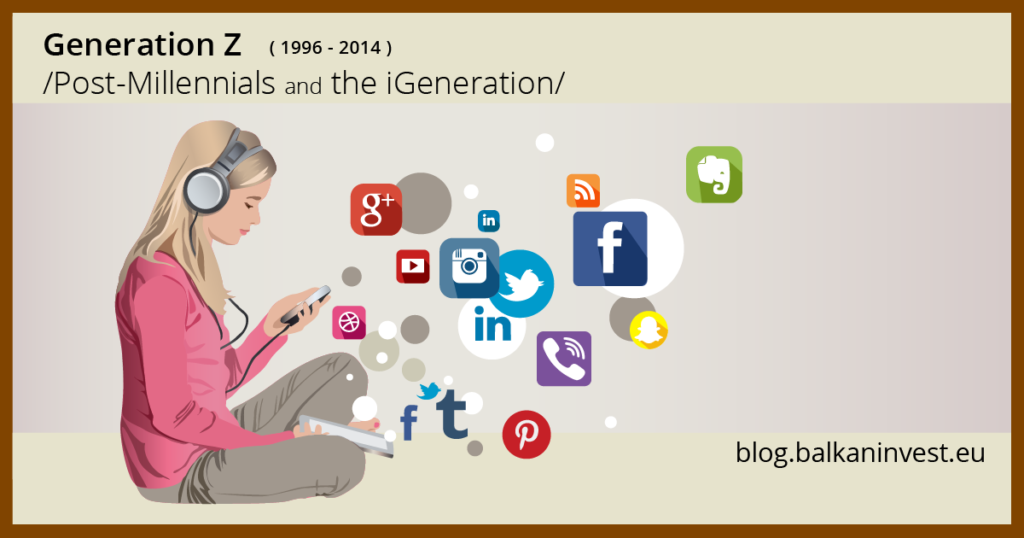What is the greatest fear in people – infection of COVID-19 or loss of their current job positions? Coronavirus infection is undoubtedly the invisible killer of not only many innocent people in recent months, but also of many business units almost all over the world. The small and even medium-sized businesses are among the first to be attacked. The virus hinders the aspirations of young cadres to develop in many areas, as it is people with no experience are among the first to be fired in Bulgaria.
Departments break down, the communication between people is destroyed, much of what we have achieved so far is unfortunately lost. For many workers, losing a job is a greater fear of being infected with the well-known virus. People have become increasingly frustrated by the situation, precisely because of their internal anxieties about their future professional and financial status.Global economy is facing a crisis for which it was not all prepared so far. Even from the perspective of people from the front line.
Bulgaria in state of emergency
In our country, the state of emergency has a lasting impact on small businesses. Many of them find themselves in a big trouble hiding for their employees – wage cuts, layoffs and unemployment are already increasing. The panic in the country is growing, the residents of the affected areas are in a dilemma whether to worry about elderly relatives or their future financial situation. In both cases, one thing is certain – fear only weakens our abilities and we have to rethink what is happening through a more realistic prism that will lead us to dynamic decisions, positivism and adaptation to the environment.
On the other hand, COVID-19 has become the one and only topic for the Bulgarian journalists. They are glad to see that in this awful situation, at least their themes have an echo from the readers.
Marketers partly use the situation to announce the promotions of home delivery for prevention. Once again, it shows how diverse and creative marketing techniques can be.
Certainly people’s fear is justified and in some sectors the virus will indeed be the killer, but the motivation of the people would be able to help themselves even after the most unexpected falls.
We continue with our recruitment services
We will now reveal how the recruitment agency Balkaninvest handles the coronavirus, you can find such information also on our website where we maintain a constantly updated COVID19-page.
- With the announcement of a state of emergency, our office continued to work with a minimal team and the rest of the staff continued to work hard from home to prevent coronavirus.
- Future interviews will be conducted online on the arranged date and time.
- In this way, we not only protect ourselves and the candidates, but also get used to the visualization that is likely to come in the future.
- We have online meetings with our colleagues every day to share the information we need and to support each other.
- The best way to contact us is by email.



